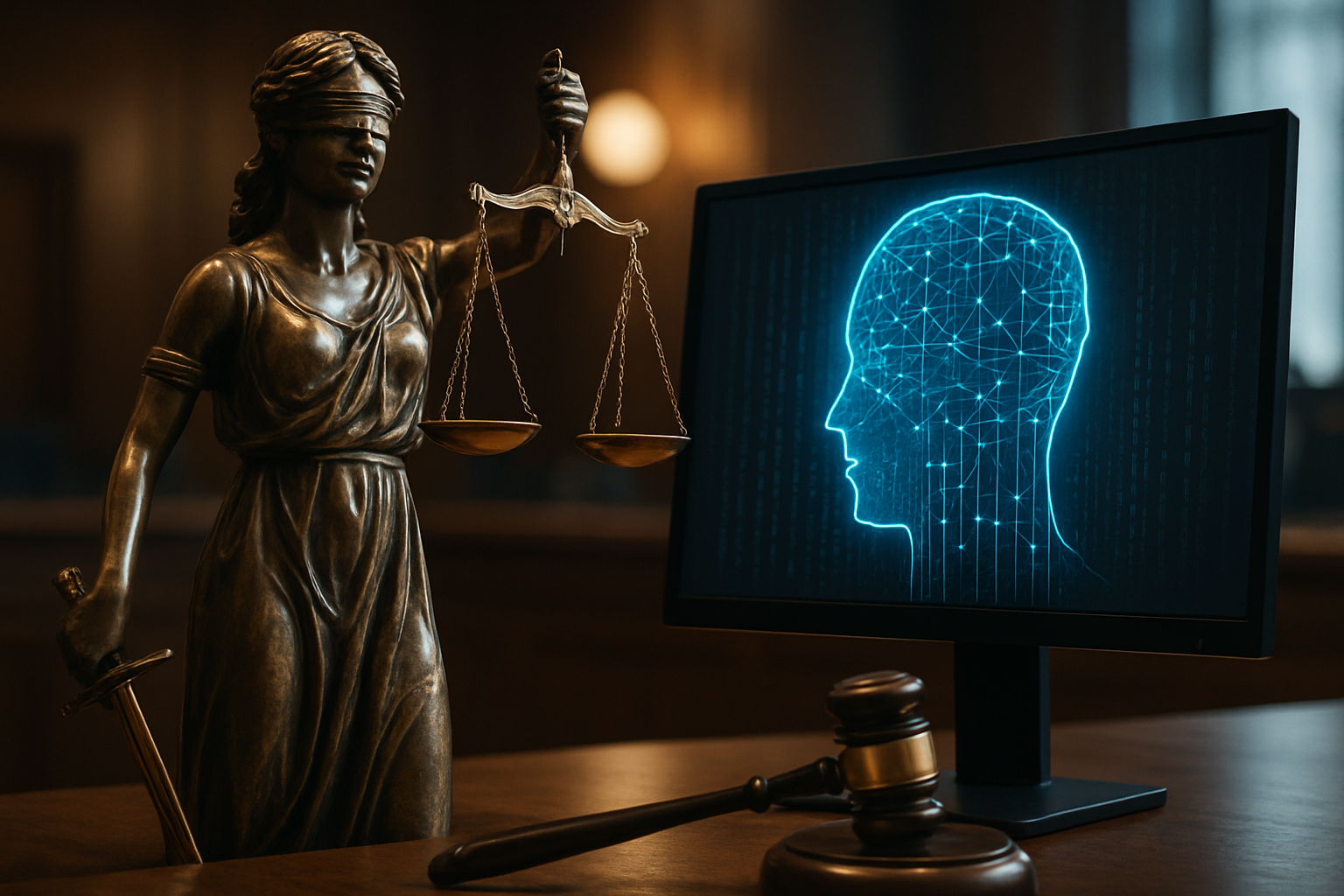Title: The Legal Maze of Blockchain-Based Smart Contracts
Introduction: As blockchain technology continues to evolve, smart contracts are emerging as a revolutionary tool in the legal landscape. These self-executing agreements, coded on blockchain platforms, promise to streamline transactions and reduce the need for intermediaries. However, their integration into existing legal frameworks poses significant challenges for lawmakers and legal professionals alike.

Blockchain Technology: The Backbone of Smart Contracts
At the core of smart contracts lies blockchain technology, a decentralized and immutable ledger system. This distributed network ensures transparency and security, as each transaction is recorded across multiple nodes. The decentralized nature of blockchain makes it resistant to tampering, providing a robust foundation for smart contract execution.
Legal Recognition and Enforceability
One of the primary challenges facing smart contracts is their legal status. While some jurisdictions have begun to recognize smart contracts as legally binding, many legal systems are still grappling with their validity. The lack of a physical document and the automated nature of execution raise questions about consent, capacity, and the application of traditional contract law principles.
Regulatory Hurdles and Compliance Issues
As smart contracts gain popularity, regulators are scrambling to keep pace. The borderless nature of blockchain technology complicates jurisdictional issues, making it difficult to determine which laws apply to a given smart contract. Moreover, ensuring compliance with existing regulations, such as Know Your Customer (KYC) and Anti-Money Laundering (AML) laws, presents significant challenges in the context of automated, decentralized systems.
Smart Contracts and Dispute Resolution
The immutable nature of smart contracts raises questions about dispute resolution. Traditional legal remedies may not be easily applicable to blockchain-based agreements. This has led to the exploration of new forms of dispute resolution, including blockchain-based arbitration systems and the concept of code-as-law, where the code itself serves as the final arbiter of disputes.
Privacy Concerns and Data Protection
Smart contracts often involve the processing and storage of sensitive data on a public blockchain. This raises significant privacy concerns, particularly in light of regulations like the General Data Protection Regulation (GDPR) in the European Union. Balancing the need for transparency in smart contract execution with individual privacy rights remains a significant challenge for lawmakers and developers alike.
The Role of Oracles in Smart Contracts
Oracles, external data sources that provide information to smart contracts, play a crucial role in their functionality. However, the reliance on these third-party data providers introduces potential points of failure and raises questions about liability. Legal frameworks must address the role of oracles and establish clear guidelines for their use in smart contract systems.
Intellectual Property Rights in Smart Contracts
The open-source nature of many blockchain platforms and smart contract codes raises complex intellectual property issues. Determining ownership and protecting intellectual property rights in a decentralized ecosystem presents unique challenges for both developers and legal professionals. The interplay between open-source licenses and proprietary code in smart contracts remains a contentious area of legal debate.
The Future of Smart Contracts in Legal Practice
As smart contracts continue to evolve, they are poised to transform various aspects of legal practice. From automating routine legal tasks to facilitating complex multi-party agreements, smart contracts have the potential to increase efficiency and reduce costs in the legal industry. However, their adoption will require significant changes in legal education and practice, as lawyers must develop new skills to draft, interpret, and litigate smart contract disputes.
Conclusion: Navigating the Legal Frontier
The integration of smart contracts into the legal landscape represents a significant shift in how we conceive and execute agreements. As this technology continues to mature, lawmakers, legal professionals, and technologists must work together to develop comprehensive legal frameworks that can accommodate the unique characteristics of blockchain-based smart contracts. By addressing the challenges of legal recognition, regulatory compliance, and dispute resolution, we can unlock the full potential of smart contracts while ensuring their responsible and equitable implementation in our legal systems.





